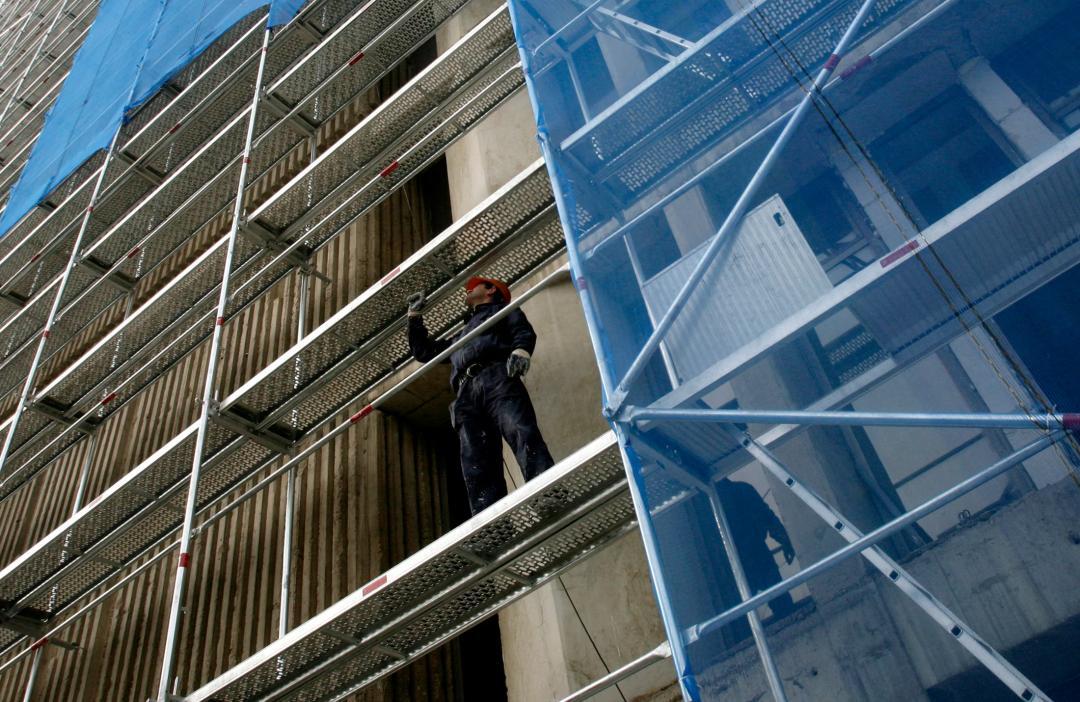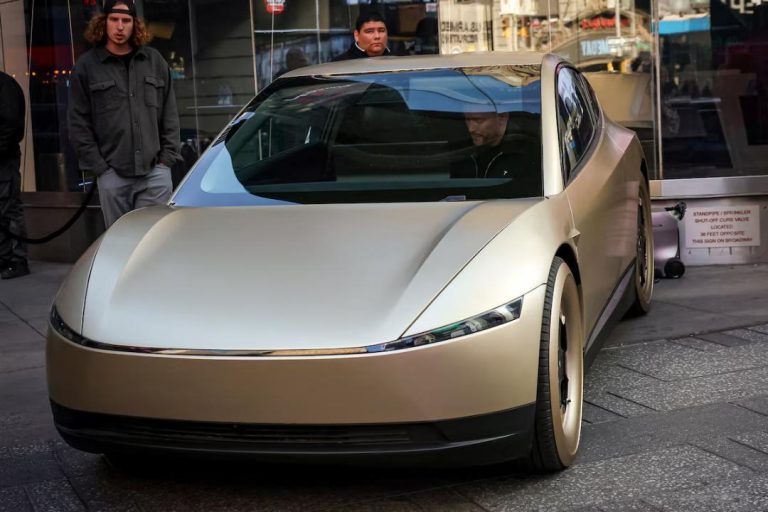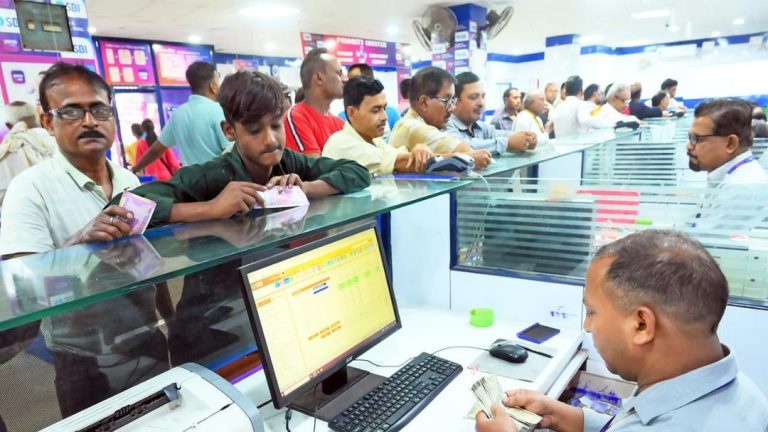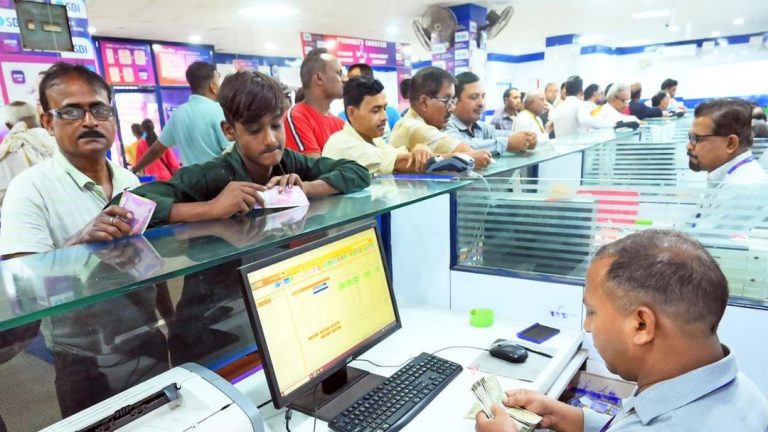
IIT Making Glass to Keep Buildings Cool in Summer & Warm in Winter
As the world grapples with the challenges of climate change, researchers at the Indian Institute of Technology (IIT) Indore are working on a revolutionary solution to make buildings more eco-friendly. They are developing a ‘smart glass’ that can regulate light and heat by applying a small electric current, making it an ideal solution for buildings to stay cool in summer and warm in winter.
The smart glass, which is being developed using a special porous organic polymer, can change color and transparency, allowing it to block sunlight and heat when needed, or let it in when it’s cooler. This innovative technology has the potential to reduce the energy consumption of buildings by up to 50%, making it an attractive solution for architects, builders, and homeowners alike.
The ‘smart glass’ is essentially an electronic curtain glass that can be integrated into building windows, façades, and roofs. It works by applying a small electric current to the polymer, which changes its properties and allows it to regulate the amount of light and heat that enters the building. This means that in summer, the glass can block out the harsh sunlight and heat, keeping the building cool and reducing the need for air conditioning. In winter, the glass can allow sunlight to enter the building, warming it up and reducing the need for heating.
The benefits of this technology are numerous. For one, it can significantly reduce the energy consumption of buildings, which is a major contributor to greenhouse gas emissions. According to the International Energy Agency (IEA), buildings account for nearly 40% of global energy consumption, and the use of smart glass can help reduce this figure. Additionally, the technology can also help reduce the need for air conditioning and heating, which can be expensive and resource-intensive.
Another major benefit of the smart glass is its ability to improve indoor air quality. Traditional windows and glazing systems can allow pollutants and allergens to enter the building, but the smart glass can help filter out these particles and improve indoor air quality. This is particularly important for buildings that are used for healthcare, education, and other sensitive applications where indoor air quality is critical.
The development of the smart glass is the result of a team of researchers at IIT Indore’s Department of Materials Science and Engineering, led by Professor Amit Bajpai. The team has been working on the project for several years, and has made significant progress in recent months. “We are excited about the potential of this technology to make buildings more eco-friendly and sustainable,” said Professor Bajpai. “We believe that it has the potential to revolutionize the way we design and build buildings, and we are committed to making it a reality.”
The smart glass is still in the prototype stage, but the researchers are optimistic about its potential to make a significant impact. They are currently working on refining the technology and scaling it up for commercial production. The team is also working with industry partners to develop the technology further and bring it to market.
While the smart glass is still in the early stages of development, it has the potential to make a significant impact on the way we build and use buildings. As the world grapples with the challenges of climate change, innovative technologies like this one are essential for reducing energy consumption and improving indoor air quality. With its ability to regulate light and heat, the smart glass is an attractive solution for architects, builders, and homeowners alike, and has the potential to revolutionize the way we design and build buildings.
Source: https://repository.inshorts.com/articles/en/PTI/319121e5-f2f2-4d36-b9bd-364925f8a154






